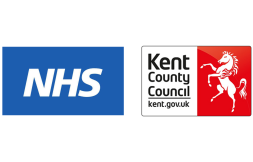TTIP and Public Health
Free Trade Agreements (FTAs) aim to increase global trade and promote economic growth and historically, this has led to improved population health. However, this link is now weakening and attention is being focused instead on the effect of FTAs on health and the ability of governments to mitigate against any negative impacts. The London School […]
TTIP and Public Health Read More »
